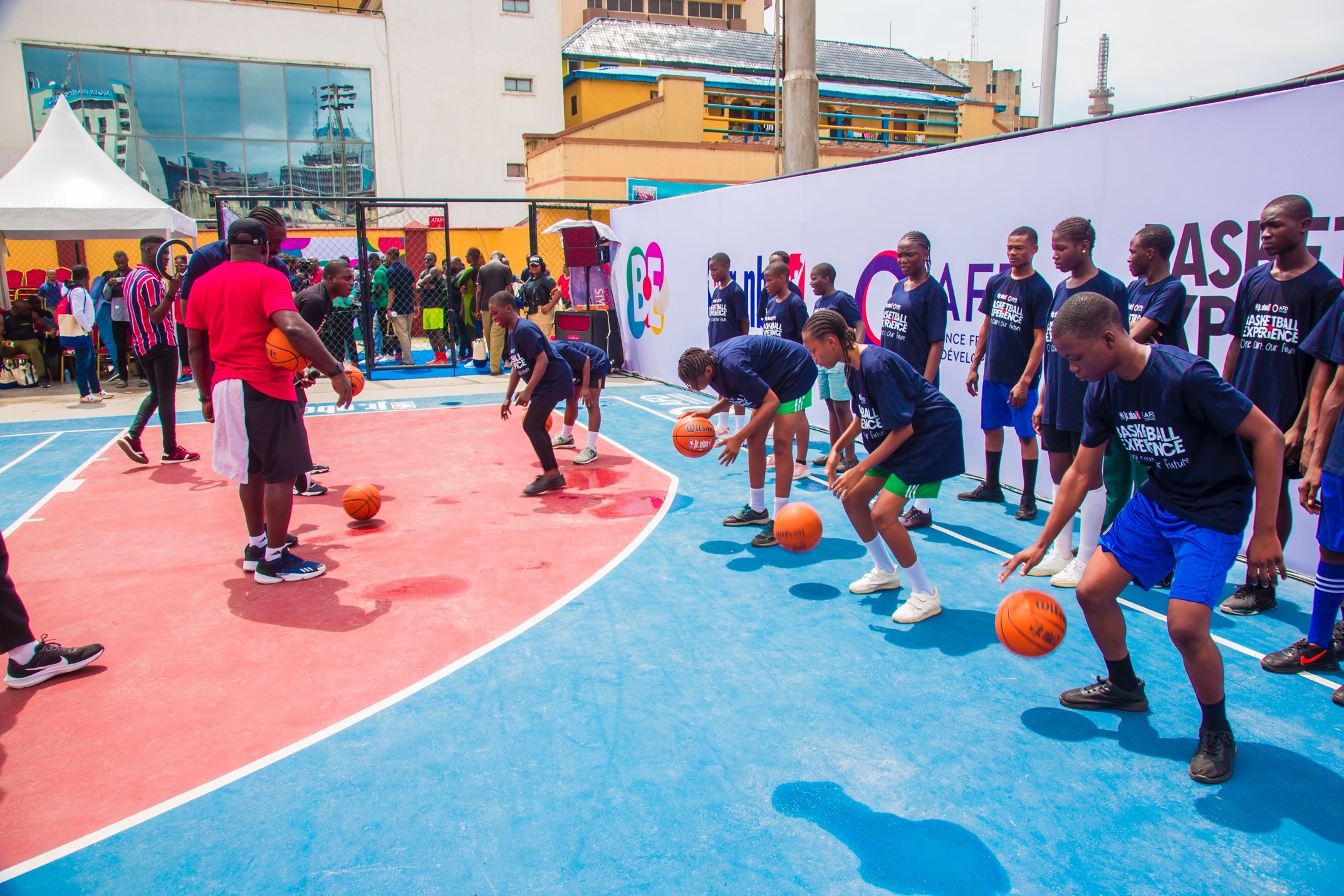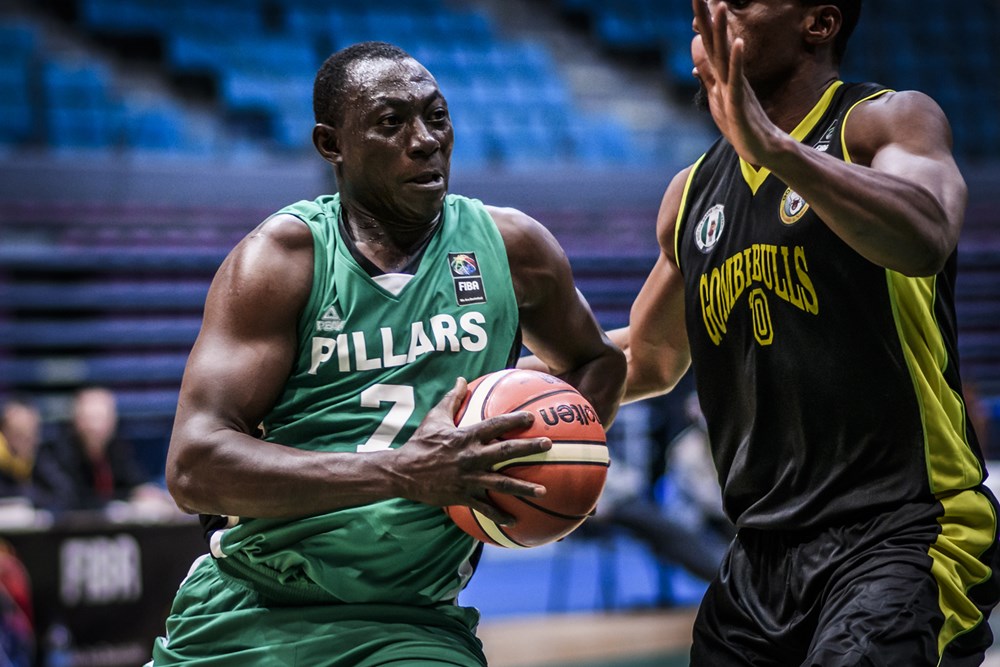The final game of the 2017 season of the Premier Basketball League (Kwese Premier Basketball League for sponsorship purpose) was electrifying. Playing in front of home crowd at the Kofamata Arena of the Sani Abacha Stadium, Kano Pillars won their 7th championship defeating Gombe Bulls convincingly with 20 point.
The redemption that Pillars got by defeating Gombe Bulls who they had lost to in the group stage; winning consecutive championships for the third time in franchise history (2008,2009 & 2010; 2013 & 2014; and 2016 & 2017), and the record breaking N20m prize money courtesy Kwese Sports made the evening special for both the players and the fans.
Little did we know that all of that was about to change.
That was the last time we had a proper, normal professional league in the country. The crisis that ensued after the Nigeria Basketball Federation (NBBF) elections brought a halt to the growth of professional basketball in the country.
The first issue was whose right and responsibility it was to organise the league since two different groups of people claimed legitimacy to the leadership of the Federation. In 2018, two different leagues were organised.
One group organised the Kwese Premier Basketball League that featured 18 teams with Gombe Bulls emerging as champions, while the other group organised an abridged version featuring 4 teams with Rivers Hoopers emerging as champions.
The next problem that was encountered was who the participating teams were. As expected, some teams, still disgruntled from the events of 2018, boycotted the 2019 NBBF President`s Cup. To make up the numbers, more teams were promoted from Division One.
The third concern was the format in which the league was organised. The organisers claimed they could not get sponsors to organise the league (including paying referees and officials) in the traditional home and away format. Teams could not afford it either, since they had to bear the cost 100%, with no revenue share and price money. So, they resorted to tournament style in selected locations.
We moved from a six-month league calendar from March-August to having a few games in the last quarter of the year just to meet the deadline of submission of the country`s champions to FIBA for our participation in the Basketball Africa League. This is the abysmal state the professional league has been in since 2017.
But there just might be hope on the horizon.
Although the 2023 season is not fundamentally different from the tournament style competition we have had in the prior years, there are few elements in the season that will have significant consequences going forward.
Thirty one (31) teams were invited to participate in the league this season including disgruntled teams from prior season and Division One teams that were promoted. Technically, every team that mattered was invited. An opportunity to regroup and restart, although only 27 teams showed up.
Here is the important part - the top 4 teams from each of the 4 groups across the Atlantic and Savannah Conferences will form the Premier Basketball League starting from next season. The bottom teams will form the new Division One Championship.
If successfully implemented, we should expect that proper professional basketball will resume from next year and all the structural issues that have plagued the league would have been resolved. And since the premier league clubs would have been determined, they will have time to prepare ahead of the next season.
We look forward for the teams that will make the Premier Basketball League next year - both the household premier league clubs and the newbies.
If you did not have a reason to follow the tournament this year, you now have a reason.
Which teams do you want to see in the Premier Basketball League next year?


Comments